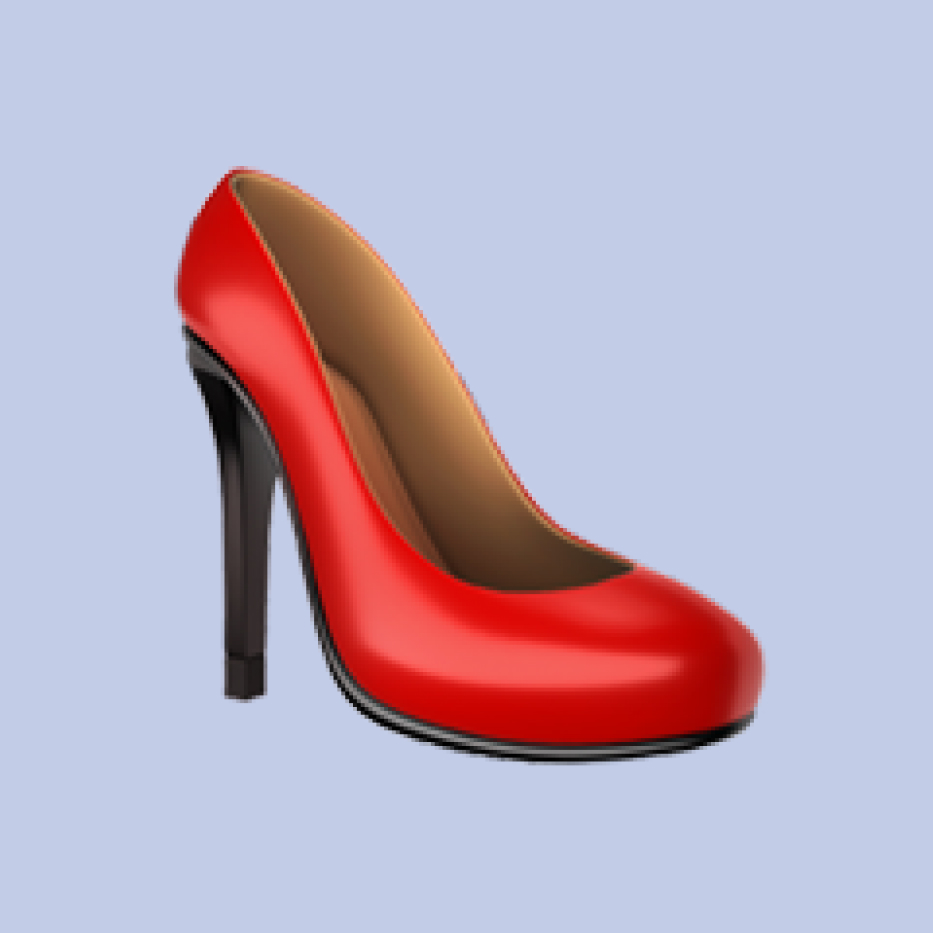Why do we say "hit the sack"? | | The legacy of this phrase goes back to ancient sleeping bags and sailors, with the etymology revealing how our ancestors caught their z's. | |  | Bennett Kleinman |
|
| |  | | U nless you're an avid hacky sacker, telling someone you're going to "hit the sack" means you're going to bed. As far as idioms go, this one is widely understood in English. But its origins are less clear. In order to better understand this playful phrase, let's look at a similar idiom: "hit the hay."
According to the Oxford English Dictionary, "hit the hay" was likely coined sometime in the early 1900s — decades before "hit the sack" made an appearance. We can likely attribute this to the fact that some of the earliest beds were just piles of hay and grass, providing a bit of soft cushioning from the hard ground. When someone said "hit the hay," they were likely referencing the rudimentary beds people slept on long before soft memory foam mattresses were created.
People also needed a way to contain loose hay. There's evidence going all the way back to ancient Egypt that people were stuffing grasses, hay, and straw into bags for a mattress, and this practice was widespread across cultures for centuries. By 1825, the term "sack" became popular slang among sailors to refer to their bedding. If you were a sailor on "sack duty," that meant you were sleeping. But the idiom "hit the sack" only gained wide recognition in the mid-20th century. An early printed example is found in the 1943 war diary of James J. Fahey, who served as a sailor on the Pacific front in World War II. He wrote: "I hit the sack at 8 p.m. I slept under the stars on a steel ammunition box two feet wide."
So, if you say you're going to "hit the sack" or "hit the hay," it's all a reference to how people slept in in the past. Fortunately for all of us, comfortable mattresses found at stores today are several steps above a hay-stuffed sack, even if you do have to fight with your dog for space. |
| | Continue reading | |  |
| |
| | Thanks for supporting our sponsors! They help keep Word Smarts free for everyone. | |
Emoji Decoded | |  | | High-Heeled Shoe | | | Meaning: Displays a pump-style high-heeled shoe, often symbolizing fashion, femininity, or dressing up.
Evolution: The high heel was one of the original emoji set's fashion items, and the design has remained relatively consistent across platforms, featuring a distinctive stiletto heel. The shape varies slightly, but it's always red.
Usage: [Text to the group chat:] Ready for girls' night! 💃👠 |
|
 | | High-Heeled Shoe | | | Meaning: Displays a pump-style high-heeled shoe, often symbolizing fashion, femininity, or dressing up.
Evolution: The high heel was one of the original emoji set's fashion items, and the design has remained relatively consistent across platforms, featuring a distinctive stiletto heel. The shape varies slightly, but it's always red.
Usage: [Text to the group chat:] Ready for girls' night! 💃👠 |
|
| |
Have you read? | |  | | Still Life at Eighty | | By Abigail Thomas | | "Memoirist Thomas ('What Comes Next and How To Like It') takes a tender look at aging and memory in this meditative account. Opening the narrative with a vow to embrace 'living in the ever-shifting constancy of now,' Thomas describes the surprising lightness she felt in the wake of her 79th birthday in 2020, eating leftover cake for breakfast, surrendering to adult diapers, and happily napping to excess." | | | | Publishers Weekly review | | | | We independently evaluate all recommended products and services. If you click on links we provide, we may receive compensation. |
|
 | | Still Life at Eighty | | By Abigail Thomas | | "Memoirist Thomas ('What Comes Next and How To Like It') takes a tender look at aging and memory in this meditative account. Opening the narrative with a vow to embrace 'living in the ever-shifting constancy of now,' Thomas describes the surprising lightness she felt in the wake of her 79th birthday in 2020, eating leftover cake for breakfast, surrendering to adult diapers, and happily napping to excess." | | | | Publishers Weekly review | | | | We independently evaluate all recommended products and services. If you click on links we provide, we may receive compensation. |
|
| |
You might also like | |  | | | | 7 Funny Foreign-Language Idioms | | Idioms add flavor to our everyday conversations in unexpected ways. Discover how cultures around the world infuse their languages with humor through idioms. |
| | | |
|
![]()
![]()
![]()
![]()
0 Comments:
Post a Comment
<< Home